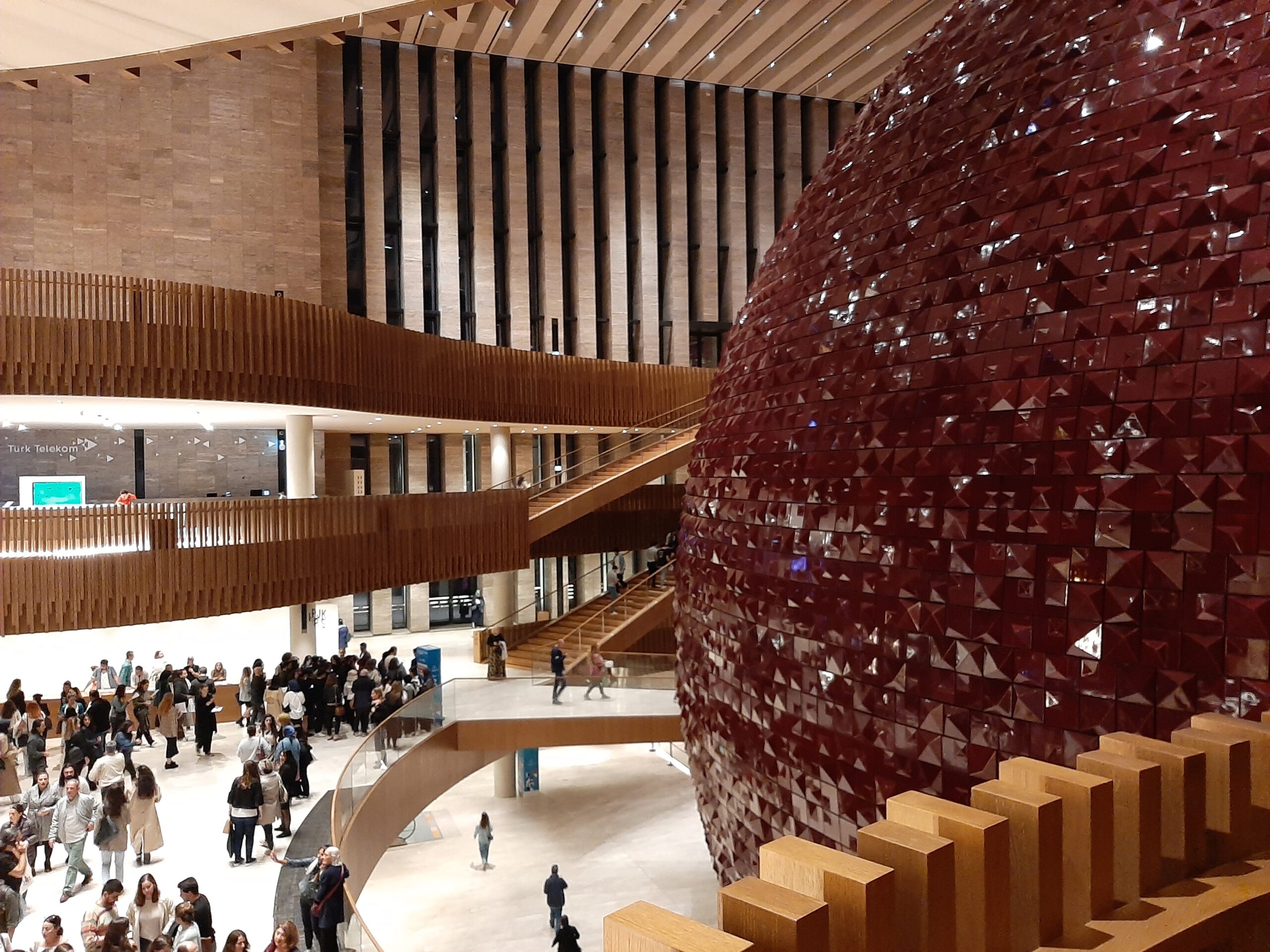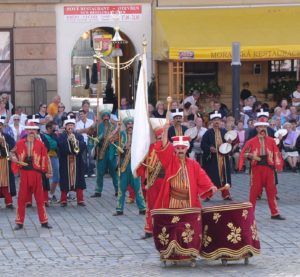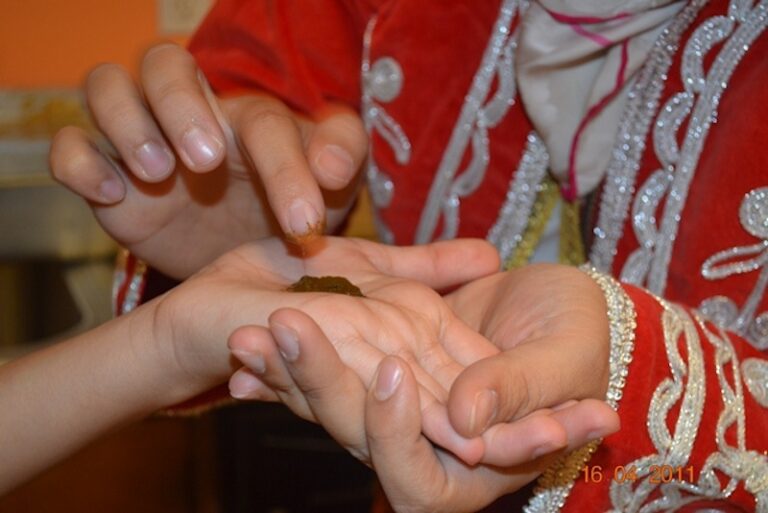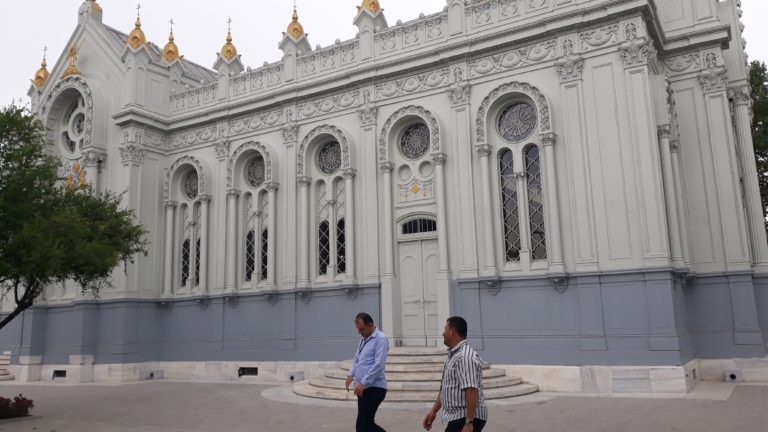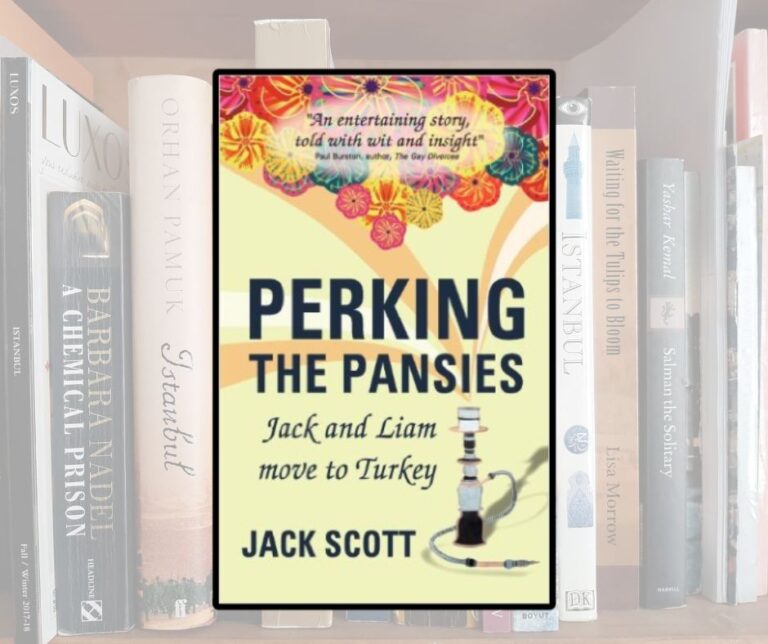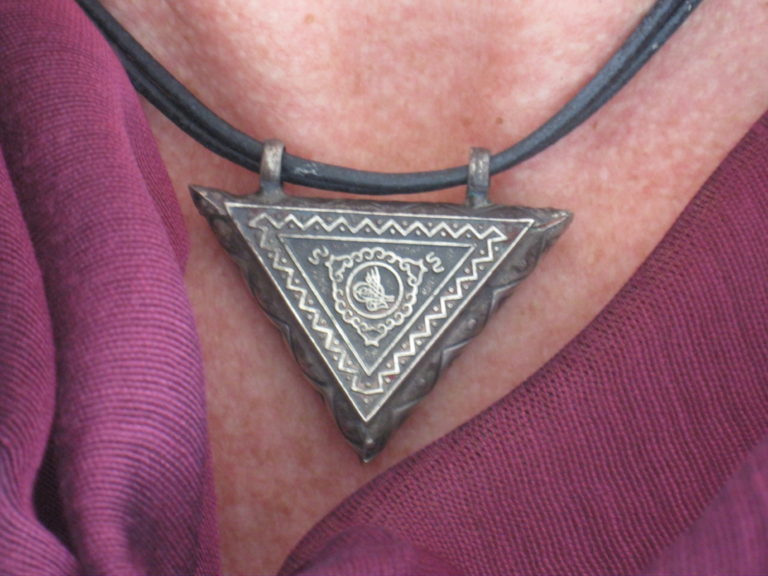Turkish Music
What type of music each person likes is an individual thing, usually based on where you grew up, the people you hung out with, and your life experiences. Whenever I play Turkish music for my friends who don’t know much about the country, they’re always surprised by the number of different styles and personalities that go to make up the Turkish music scene. Whether it’s the ever popular MFO, the frighteningly well preserved Ajda Pekkan or the much loved Barış ‘Mega’ Manço, there’s a lot of variety. I don’t pretend to know everything about Turkish music, so this post is an introduction to what I do know and like.
Traditional Turkish music
Ottoman court music is based on specific rules of composition and melody types known as makam. Formal compositions are known as fasıl (not to be confused with the Romani influences fasıl style of music featured in meyhane, or taverns) and although many of them date back hundreds of years, they are also the precursors of modern songs. Some of the most popular classical Turkish music singers include Bülent Ersoy, Zeki Müren and Zekai Tunca.
Mehter bands play military music and are believed to date back to as early as the 8th century AD but are most commonly associated with the Janissary corps of the Ottoman sultans. The Janissary were a type of private army, tasked with protecting the sultan and his family. To ensure their loyalty their ranks were made up of converts taken from countries in the Ottoman Empire. Nowadays you can hear them play at the Istanbul Military Museum and at special events in Istanbul.
Folk music or Türkü, is much loved around the country because it deals with simple everyday life problems, hopes and dreams, in a way everyone can relate to. Many songs tell of real life events or tales from folklore, and are popular at weddings, funerals and festivals.
Much of my second trip to Turkey in 1996 was accompanied by a soundtrack provided by Zülfü Livaneli and Ibrahim Tatlıses. I loved the dirge-like songs of Livaneli even though I couldn’t understand the lyrics, and I’m still a big fan of Arabesque. Although Arabic music was banned in Turkey in 1948, migrants coming to Istanbul from the south eastern rural areas of Turkey in the 1970s brought new sounds and styles to the Istanbul music scene.
Tatlıses, the shepherd turned singer, became enormously popular with his heart felt songs with ‘boy meets girl, boy wins girl, boy loses girl’ themes. They had universal appeal, and despite Arabesque songs being banned from radio for fear they would influence young men to take drastic measures if their hearts were broken, everybody knew the words to all the songs and sang them all the time. When I tell my more intellectual friends that Arabesque is probably my favourite style of Turkish music they’re usually horrified because it’s represents an image of Turkey they’d rather not think about, but the sound still touches my heart.
Music has an important place in Turkish culture, and when there’s music dancing follows. Folk dances vary significantly across Turkey, but due to its use in recent years as a political statement, almost everyone has at some stage heard, danced or seen the halay, a dance from the southeast of the country.
I was lucky enough to see Sabahat Akkiraz perform in the basketball gym of Erciyes University, in Kayseri, Central Turkey, when I taught there between 2002 and 2004. Her concert coincided with an inter-university folk dancing competition and the wooden floor was buffed to a high gleam as various dance troupes vied to see who could dance the fastest, best and longest. It wasn’t until Akkiraz sang her very last song two hours later that the final dance group collapsed in a heap on the floor.
Contemporary Turkish music
It was also in Kayseri that I experienced probably the pinnacle of excitement in the Turkish music scene when Sertap Erener won the 2003 Eurovision Song Contest. Her performance of “Everyway That I Can” in English inspired my students to work hard to understand what the song was about. They were also happy that her win resulted in a day off for the whole country so we could celebrate Turkey’s victory in the competition.
I also saw some of the best Turkish pop and rock musicians perform there. Every year universities around the country organise bahar şenliği, that is, spring festivals. We were lucky enough to have a really progressive rektor, the head of university, at the time. He knew the students wanted to see their favourite stars, and he arranged for Kiraç and Şebnem Ferah to perform. Kiraç had hit the height of his fame, and his song Ayşe was being played in every café, canteen and dormitory room in town. Even I knew the words and couldn’t stop humming the tune.
I was super excited to see him perform, and as I was giving the rector private English lessons, had been able to tell him as much. He insisted my husband and I sit in the front row seats of the open auditorium and said he’d take us to meet Kiraç after the show. Unfortunately the inclement spring weather kyboshed the plan. Kiraç was only able to sing a few songs before the heavens opened up and it started to rain. The open air stage offered no protection and a definite risk of electrocution, so the concert was cut short and the band drove back to town without staying for the meet and greet.
Thankfully it didn’t rain when Şebnem Ferah performed a few nights later. Resplendent in a white jumpsuit made of shiny parachute silk, she hit the stage running, performing traditional Turkish music like folk songs but with a rock bent, singing about women being in control of their sexuality and reducing the student fans to tears when she pulled the bangles off her arms and threw them into the audience. It was an unforgettable night.
Much of the Turkish music I’ve come to love brings back memories of moments in Turkey that make me smile. I first heard Sezen Aksu, affectionately known as minik serçe (little sparrow), back in 1990. Initially dismissing her as a pop queen, I’ve come to appreciate both for her music as heard in the films of Ferzan Ozpetek and for her patronage and support of up-and-coming Turkish musicians.
Which of course, brings me to Tarkan. As Turkey’s most internationally well-known singer, I’ve seen him change from pretty boy performer to serious artist. Somewhere, buried in a box, I still have a cassette I bought, featuring probably his most famous and endearing song, Şımarık, better known as Kiss Kiss. His music has always been a part of my Turkish story. He really needs his own post because I can’t remember a time before Tarkan, can you?
**********************************
I hope you’ve enjoyed this post. Here are some of my tips to help plan your next trip to Turkey.
For FLIGHTS I like to use Kiwi.com.
Don’t pay extra for an E-VISA. Here’s my post on everything to know before you take off.
However E-SIM are the way to go to stay connected with a local phone number and mobile data on the go. Airalo is easy to use and affordable.
Even if I never claim on it, I always take out TRAVEL INSURANCE. I recommend Visitors Coverage.
I’m a big advocate of public transport, but know it’s not suitable for everyone all the time. When I need to be picked up from or get to Istanbul Airport or Sabiha Gokcen Airport, I use one of these GetYourGuide website AIRPORT TRANSFERS.
ACCOMMODATION: When I want to find a place to stay I use Booking.com.
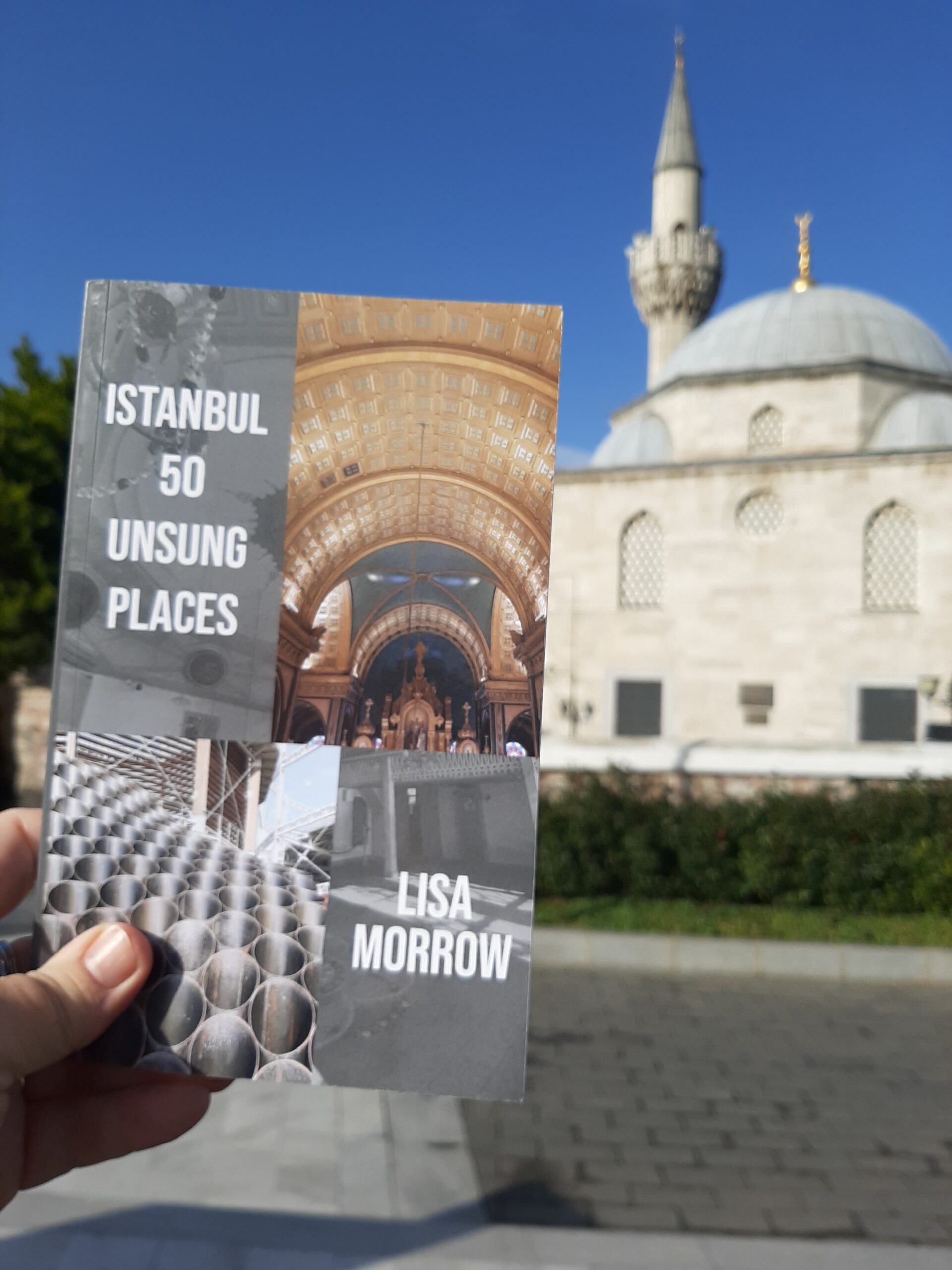
CITY TOURS & DAY TRIPS: Let me guide you around Kadikoy with my audio walking tour Stepping back through Chalcedon or venture further afield with my bespoke guidebook Istanbul 50 Unsung Places. I know you’ll love visiting the lesser-known sites I’ve included. It’s based on using public transport as much as possible so you won’t be adding too much to your carbon footprint. Then read about what you’ve seen and experienced in my three essay collections and memoir about moving to Istanbul permanently.Browse the GetYourGuide website or Viator to find even more ways to experience Istanbul and Turkey with food tours, visits to the old city, evening Bosphorus cruises and more!
However you travel, stay safe and have fun! Iyi yolculuklar.
